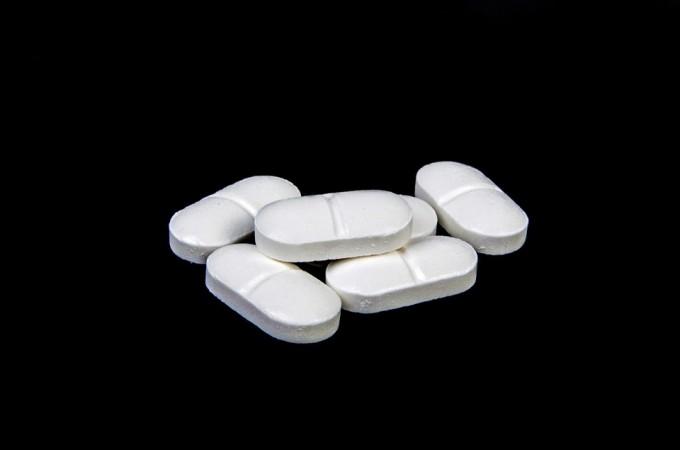
We are finally in an age where we can swallow devices. Yes, you heard it right – scientists have developed an electronic capsule that can help in detecting the gas levels in the stomach.
Researchers at RMIT University in Melbourne, Australia conducted the first human trials of the tiny capsule-like devices which uncovered mechanisms in the human body that were never seen before, including a potentially new immune system.
Information about their gut health was transmitted directly from the stomach to the mobile phones and the researchers could observe their digestion in real time.
This could be a game-changer for diagnostics and prevention of gastrointestinal disorder which one in five people in the world suffer from.
Professor Kourosh Kalantar-zadeh, study lead and capsule co-inventor, said that the trials showed that the human stomach uses an oxidiser to fight foreign bodies in the gut.
"We found that the stomach releases oxidising chemicals to break down and beat foreign compounds that are staying in the stomach for longer than usual," Dr Kalantar-zadeh said in a press release. "This could represent a gastric protection system against foreign bodies. Such an immune mechanism has never been reported before."
This small sensor pill is a big deal for the 1 in 5 people across the world who will suffer from gut disorders in their lifetime. https://t.co/38DGWe5Z61 pic.twitter.com/QnVwzXMouL
— RMIT University (@RMIT) January 9, 2018
The new sensor technology also revealed that the stomach initiates oxidizing processes.
"We found that the stomach releases oxidizing chemicals to break down and beat foreign compounds that are staying in the stomach for longer than usual," Dr Kalantar-Zadeh said.
The technology also revealed that our colons have any oxygen in them. "Trials showed the presence of high concentrations of oxygen in the colon under an extremely high-fiber diet," Dr Kalantar-Zadeh said.
"This contradicts the old belief that the colon is always oxygen-free [and the] new information could help us better understand how debilitating diseases like colon cancer occur," he added.
Co-inventor Dr Kyle Berean said that the trials show that these capsules are perfectly safe, with no retention.
Dr Kyle Berean added: "Our ingestible sensors offer a potential diagnostic tool for many disorders of the gut from food nutrient malabsorption to colon cancer. It is good news that a less invasive procedure will now be an option for so many people in the future."
The details of the findings are published in the journal Nature Electronics.

















